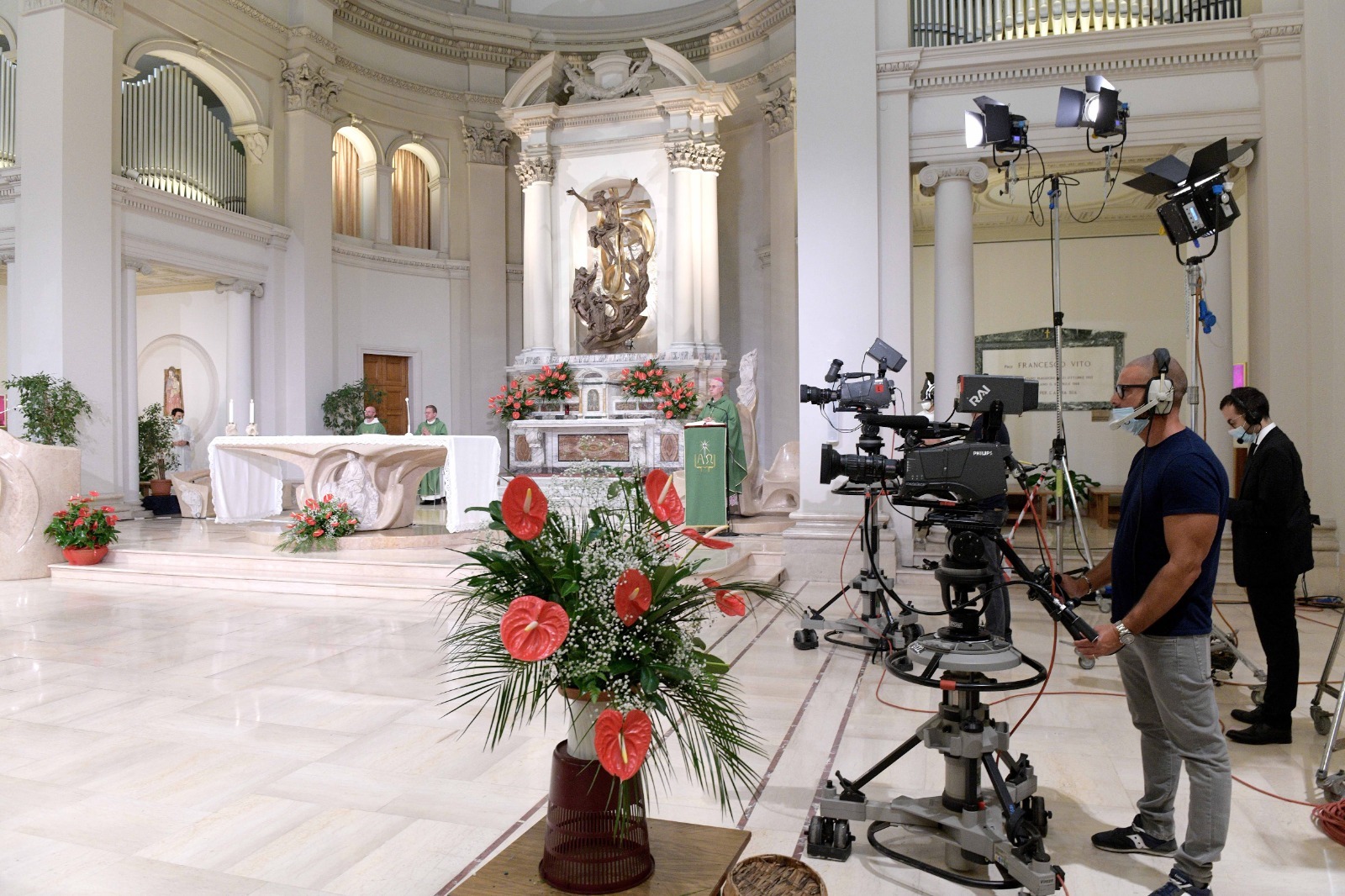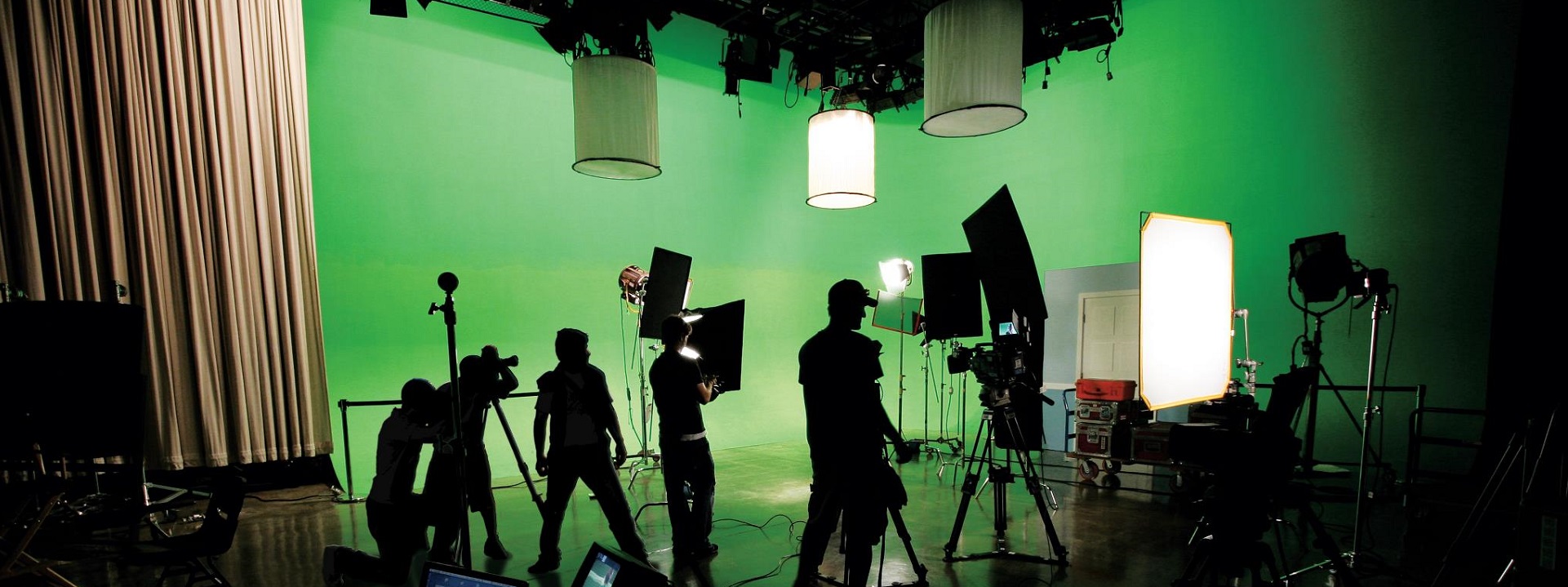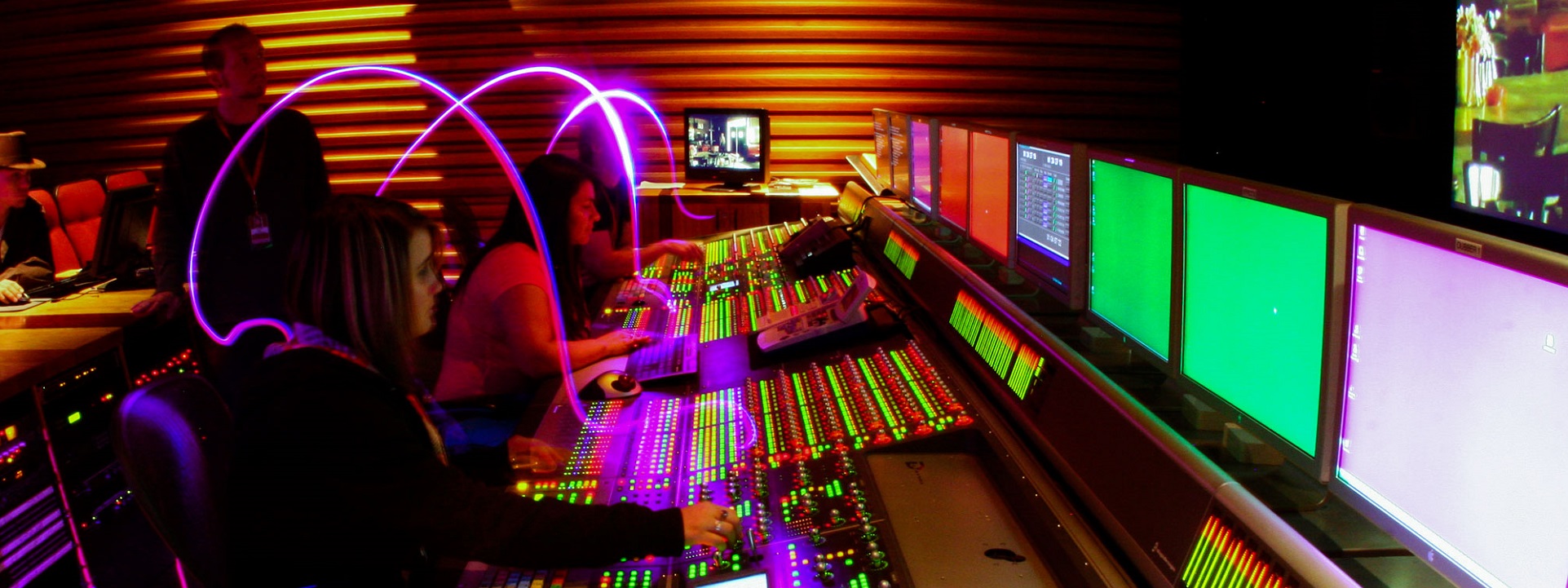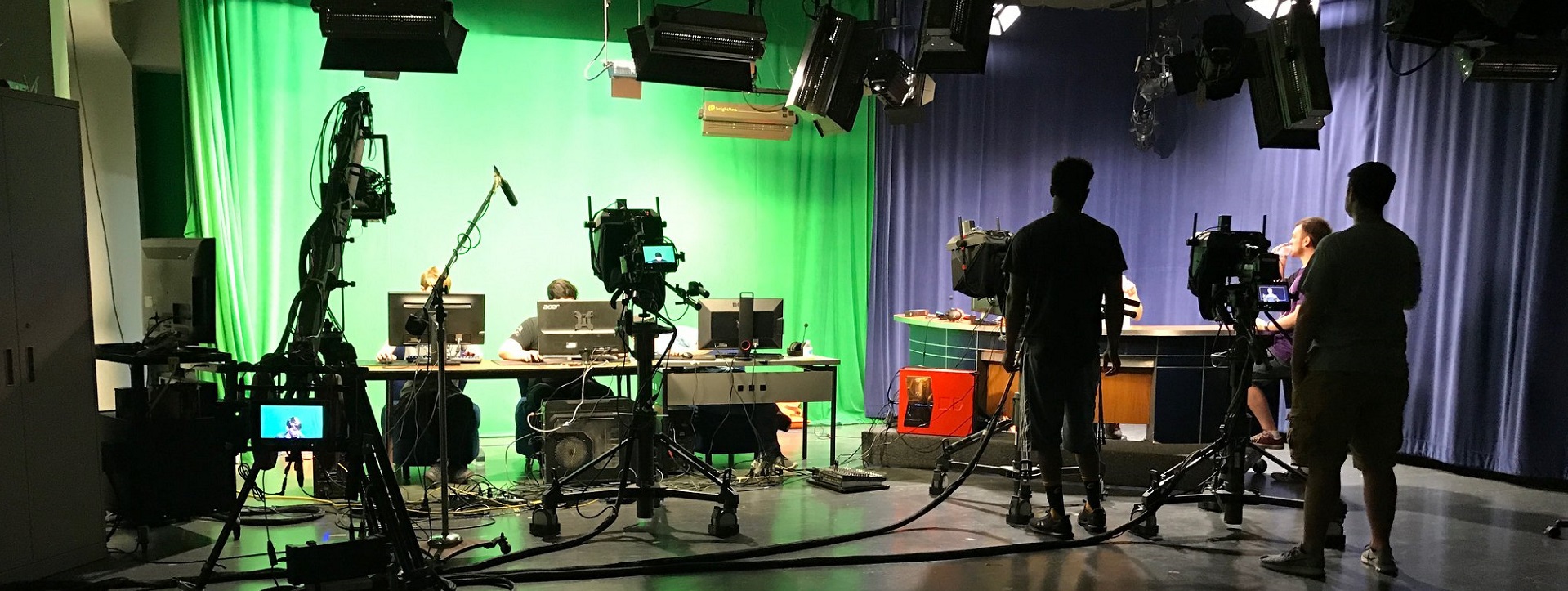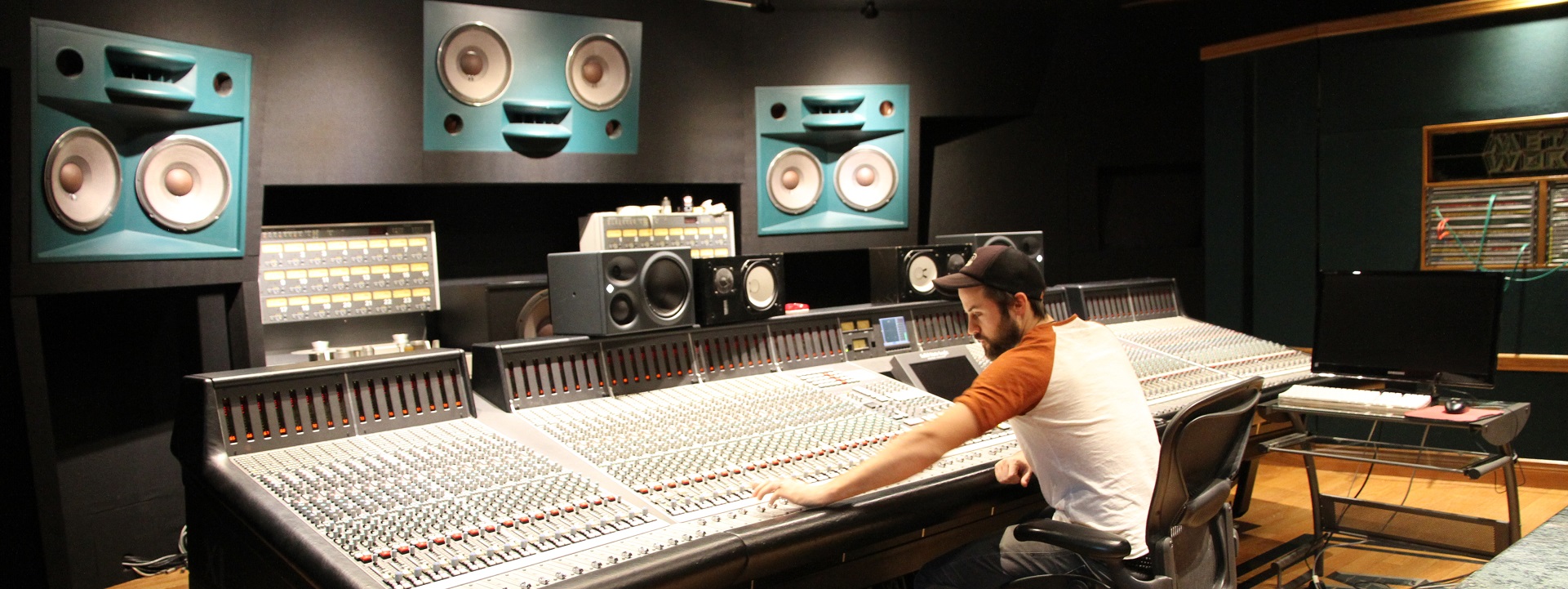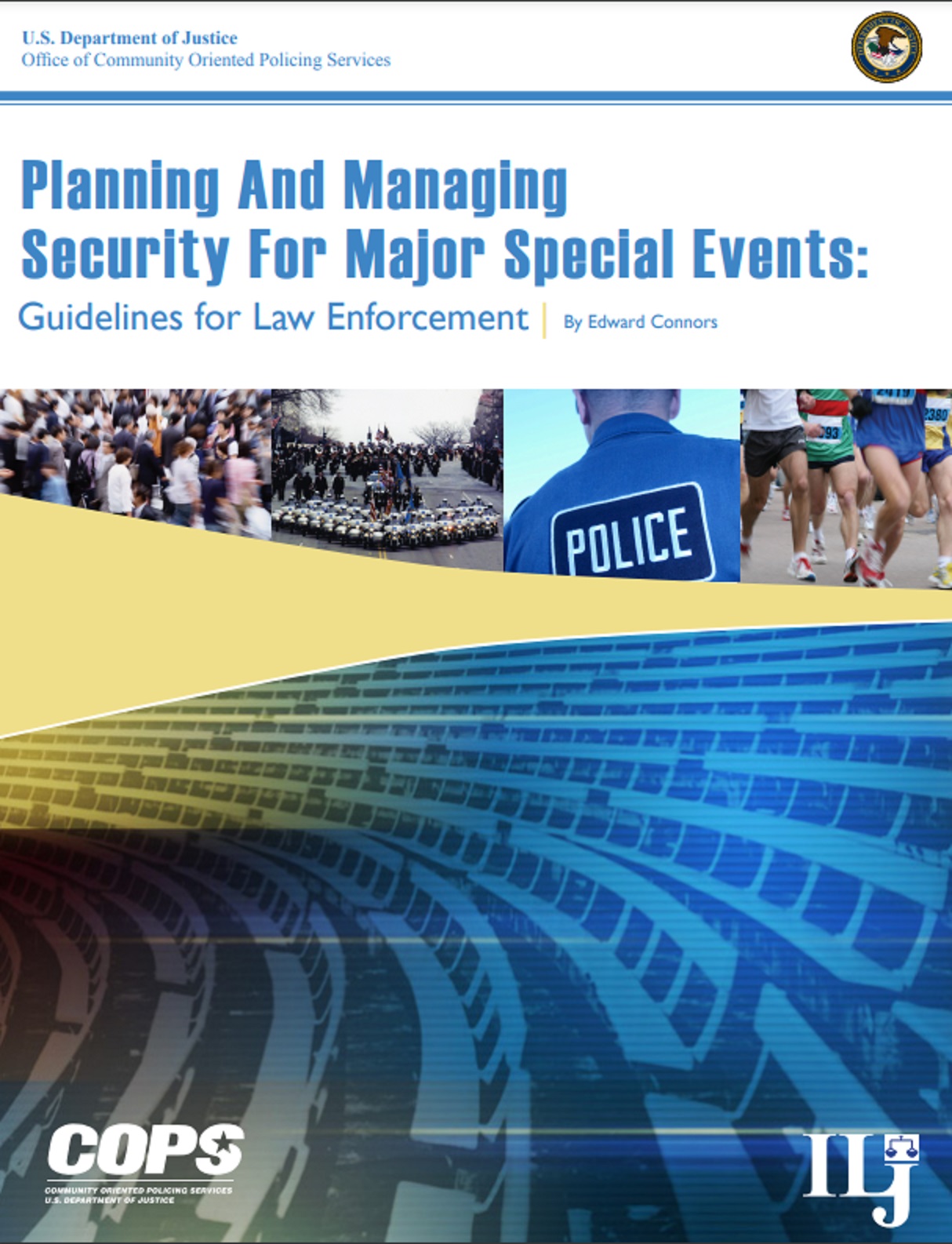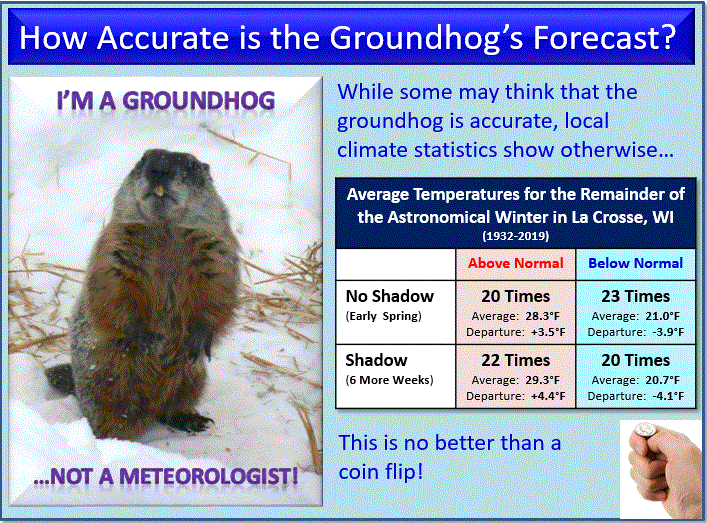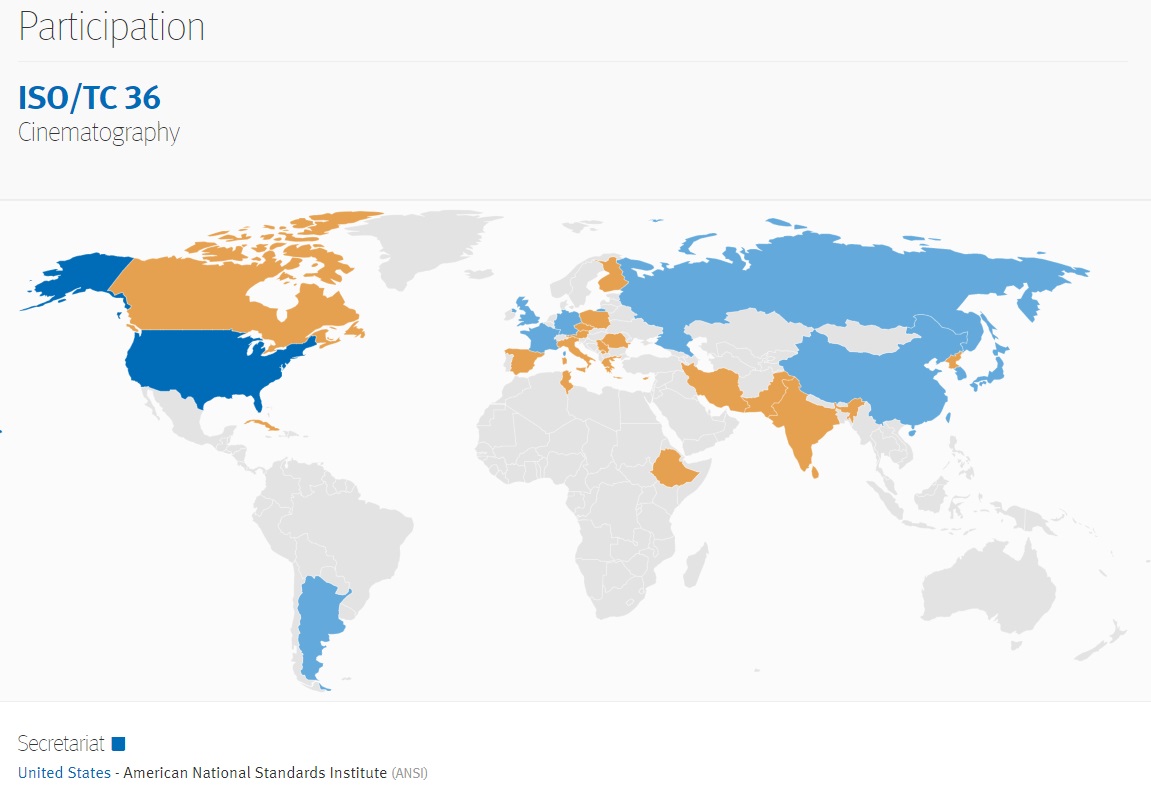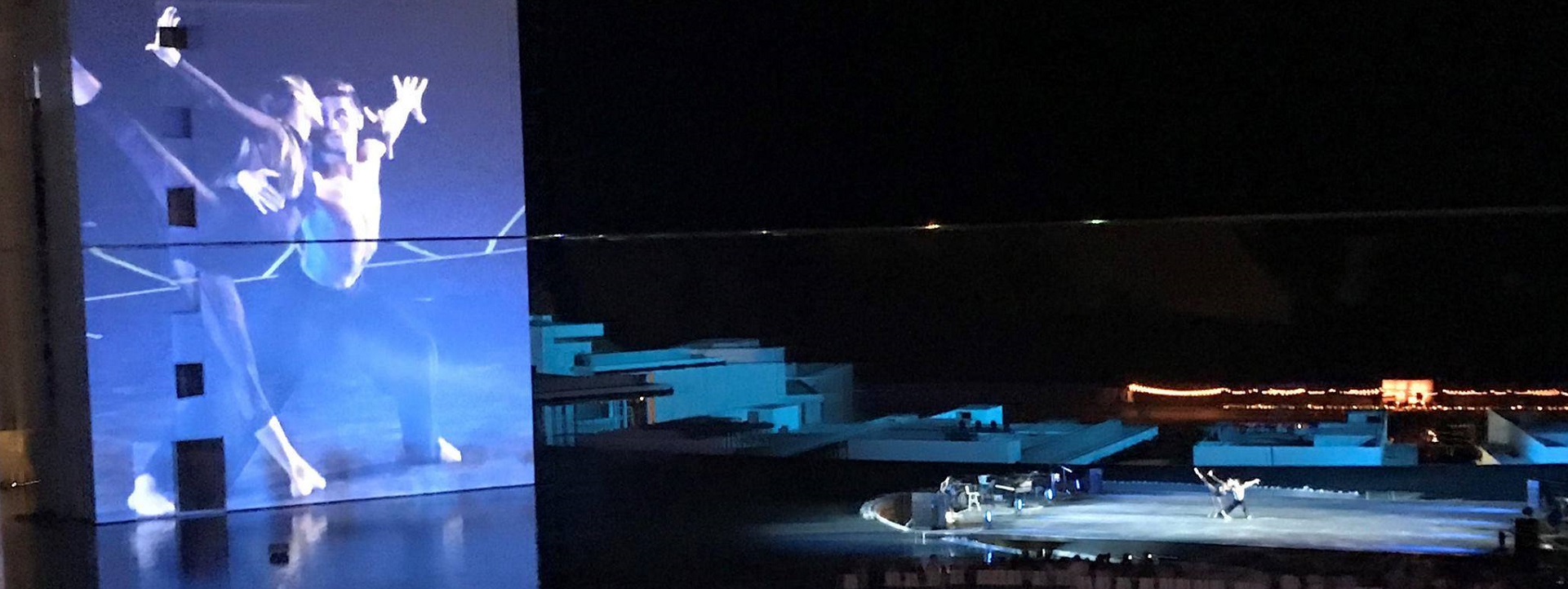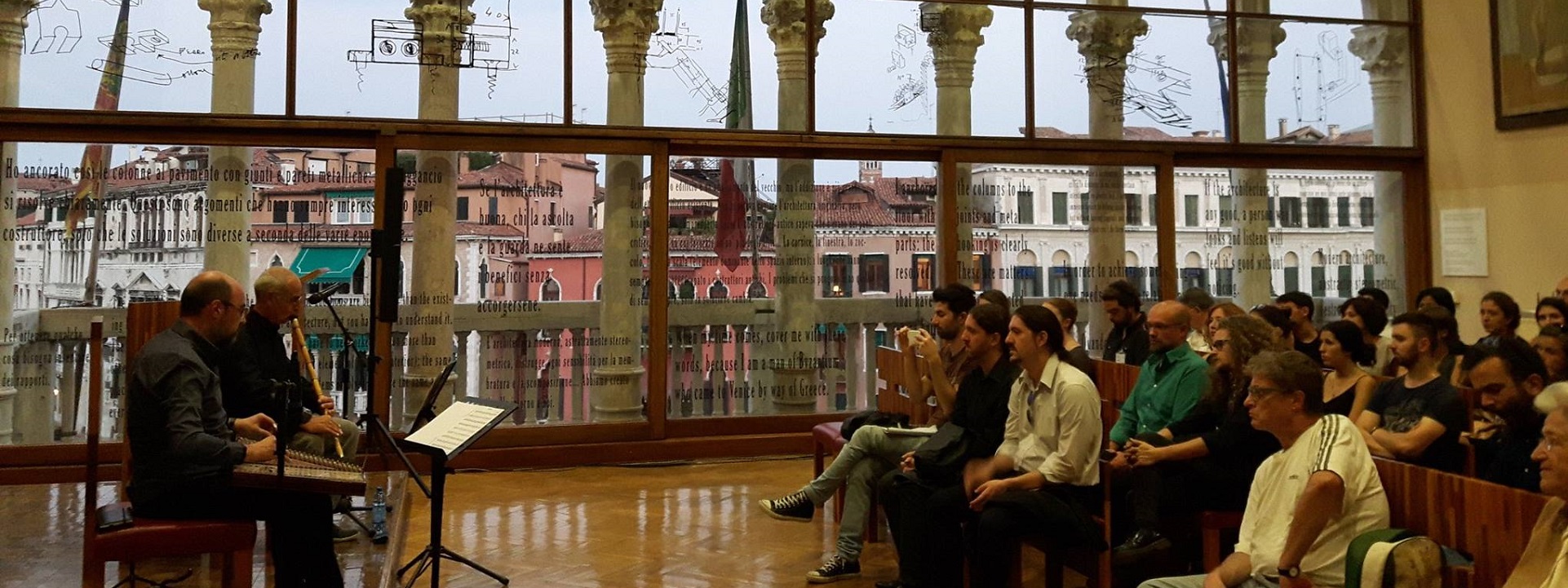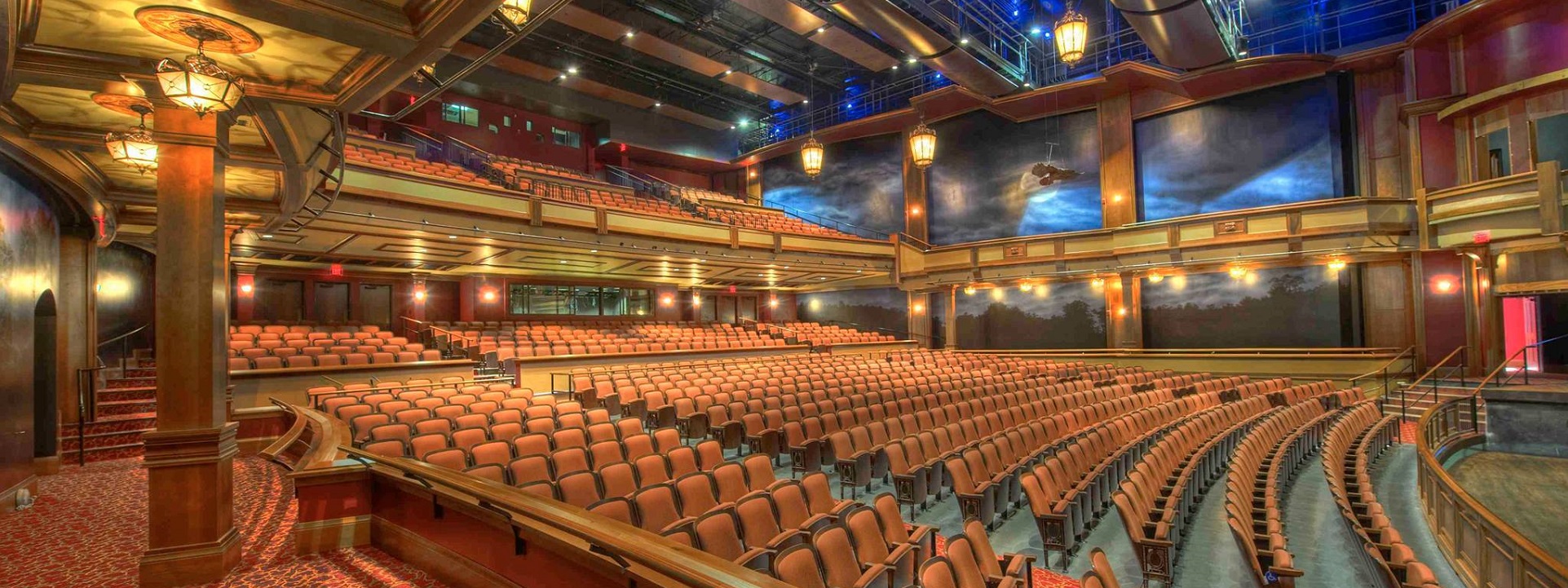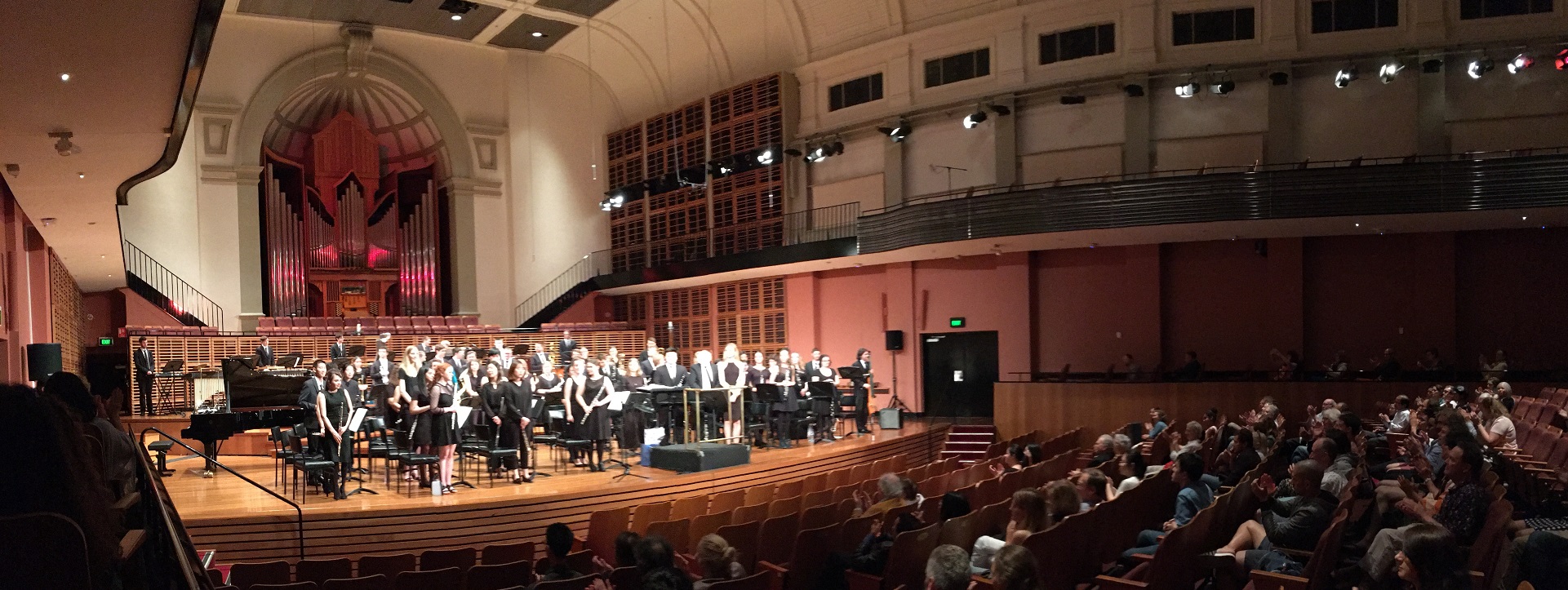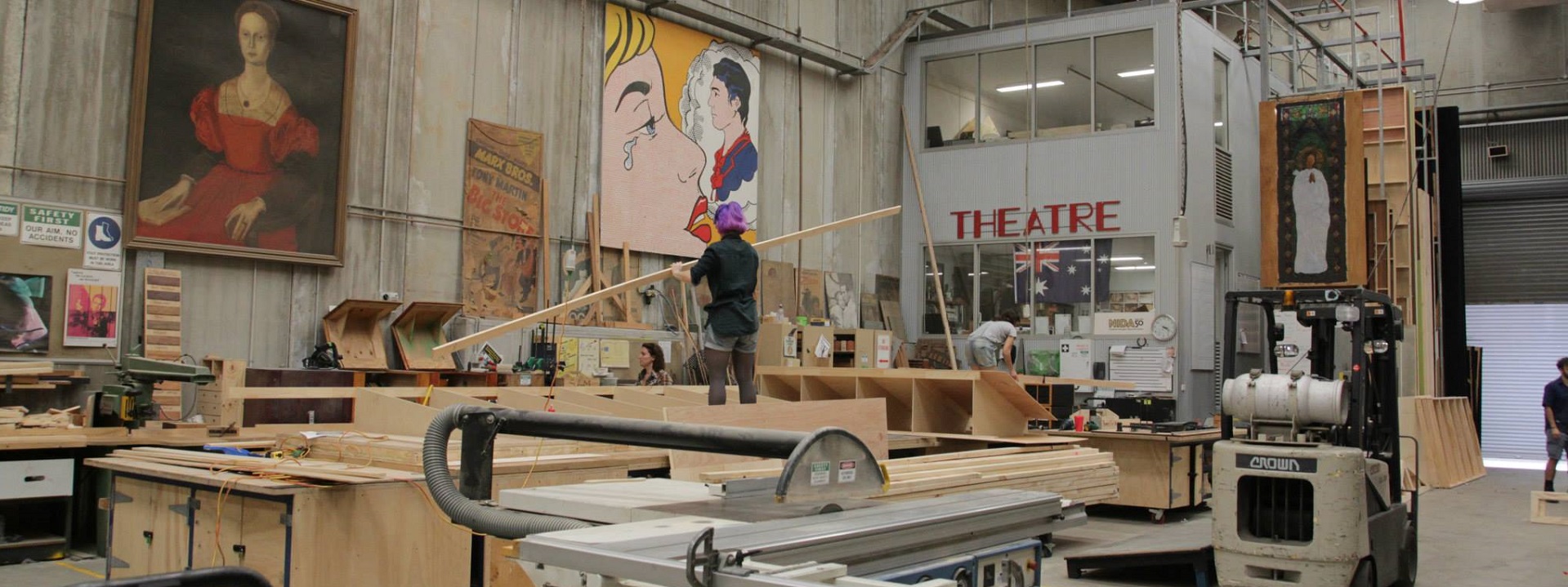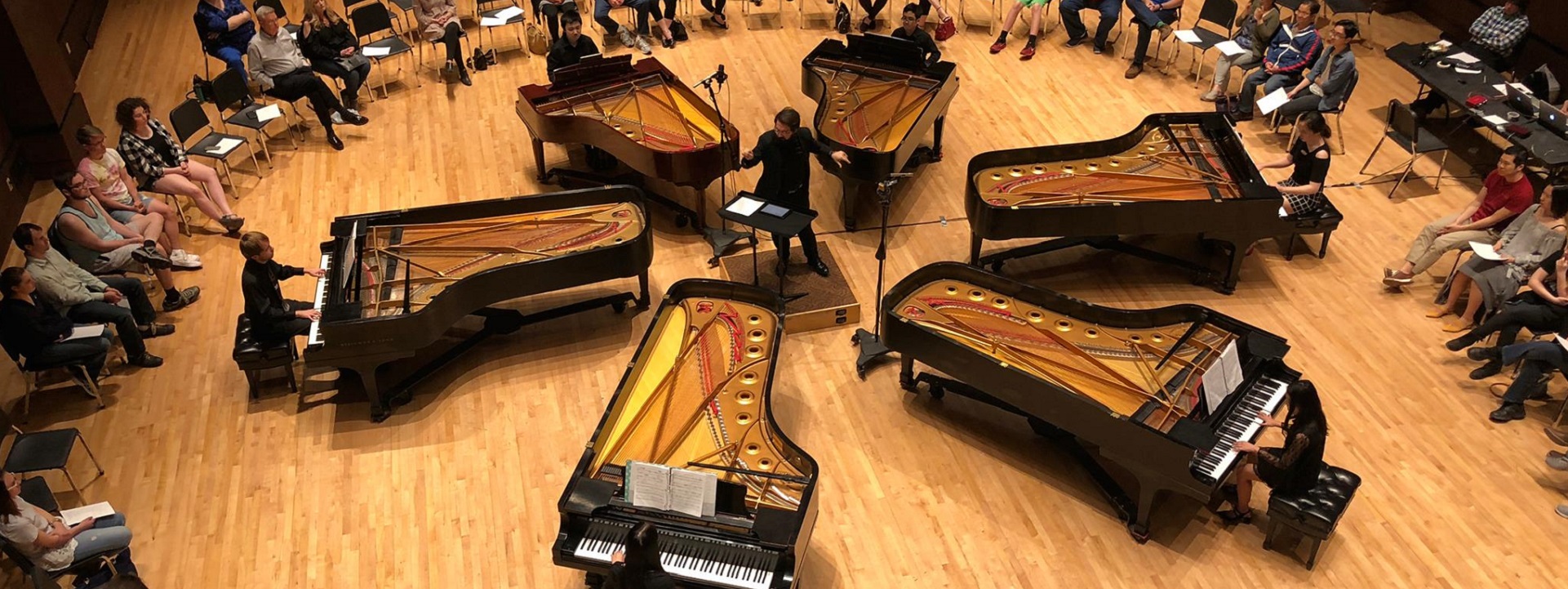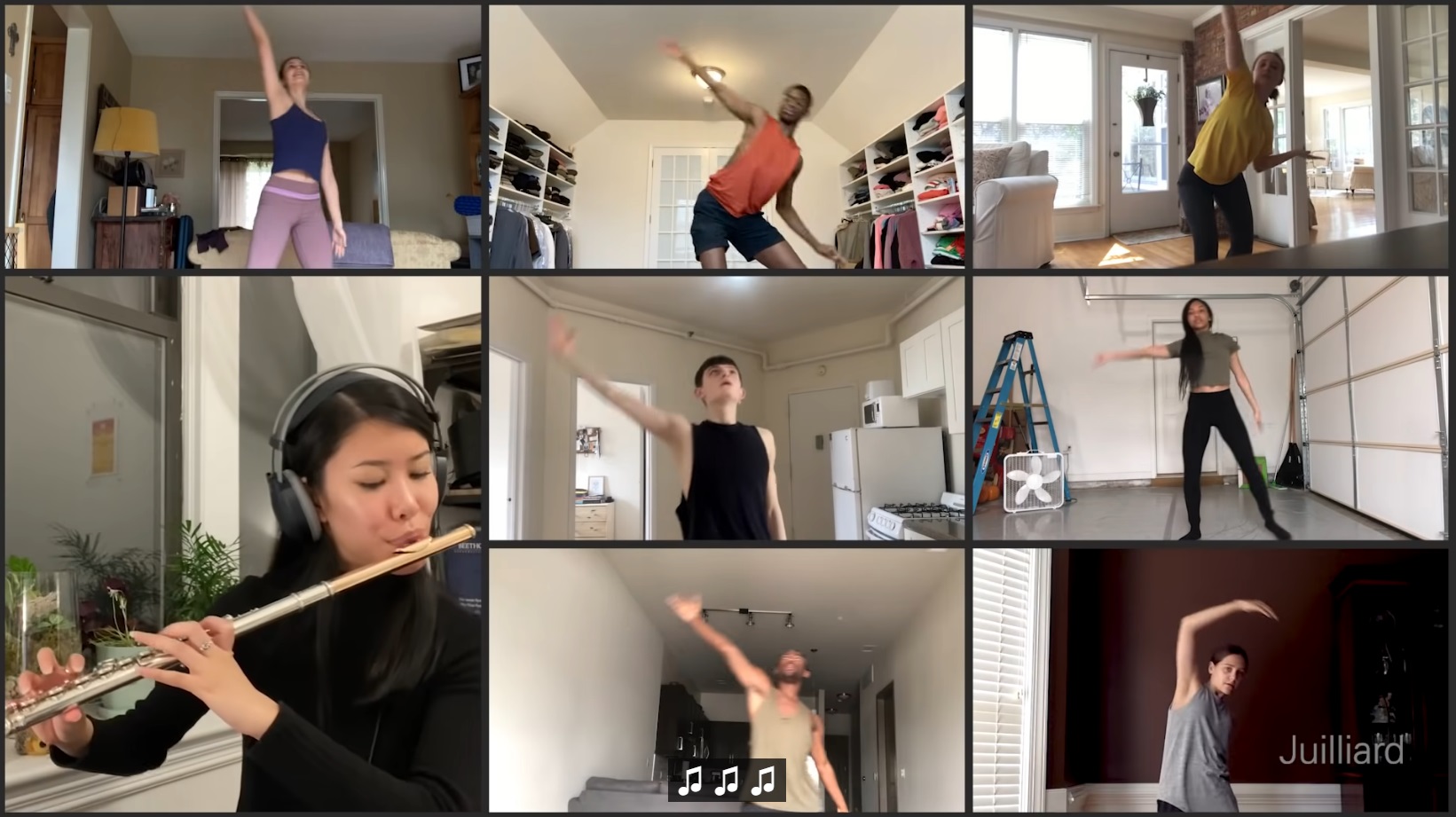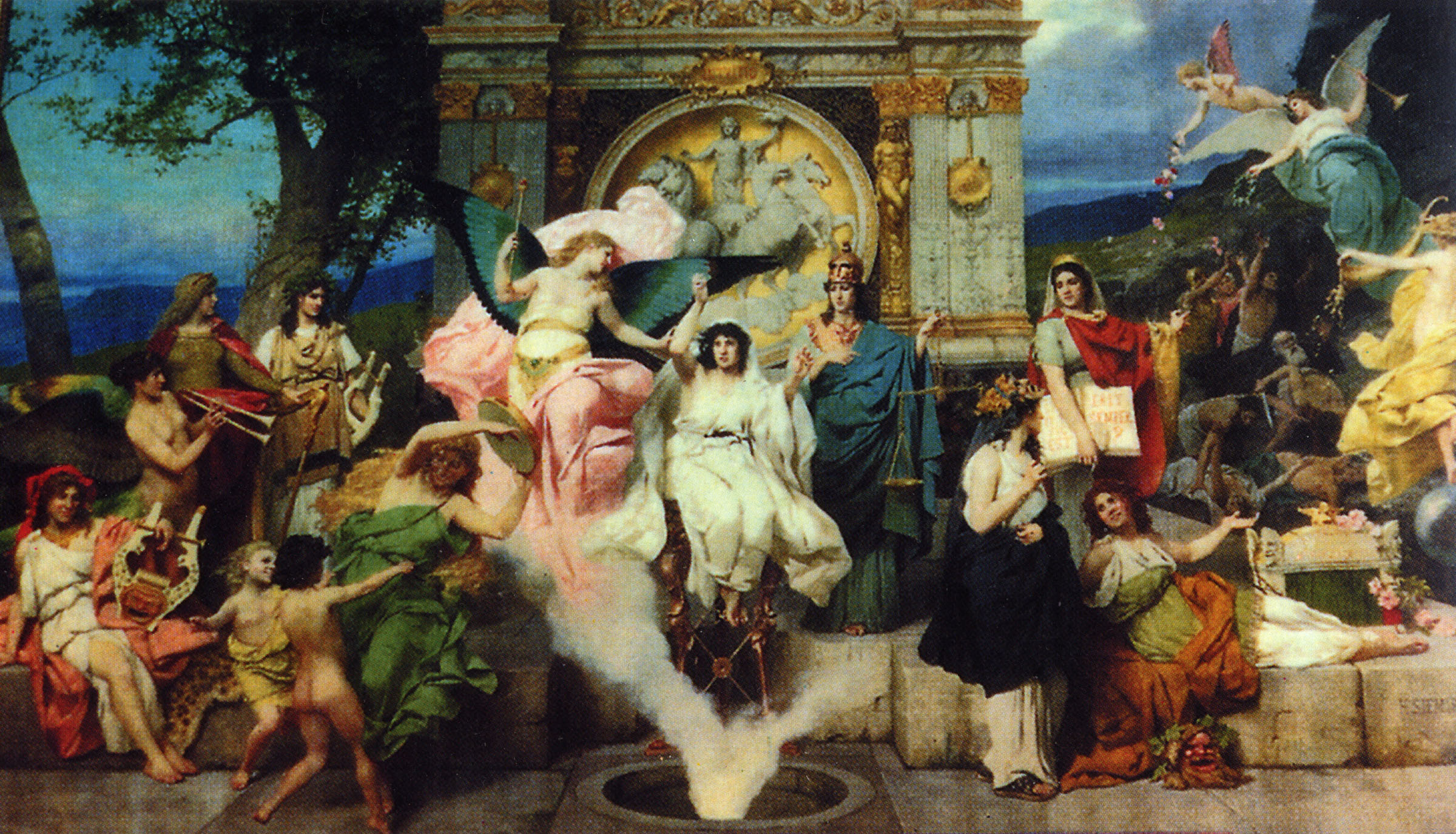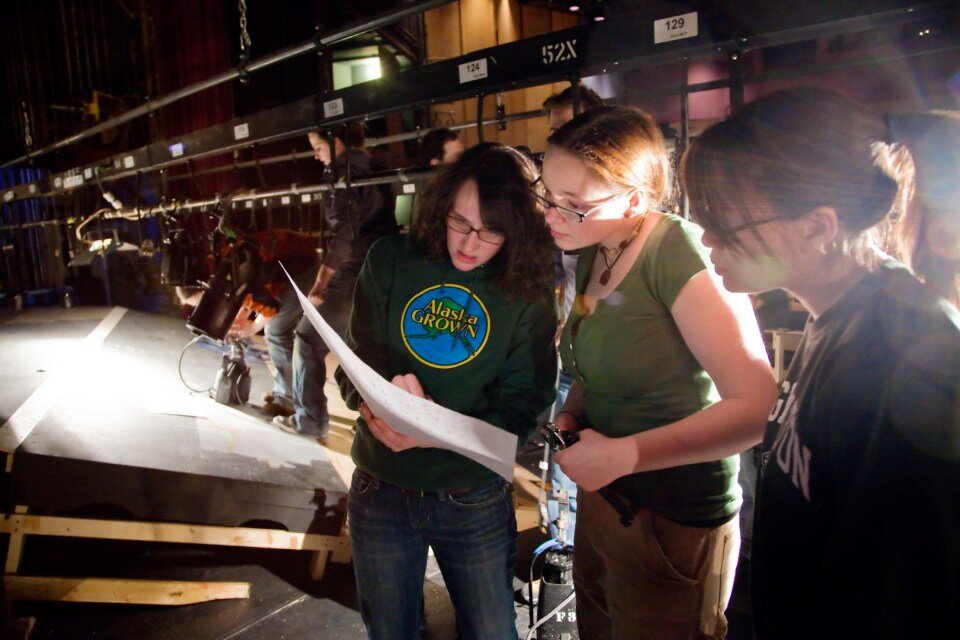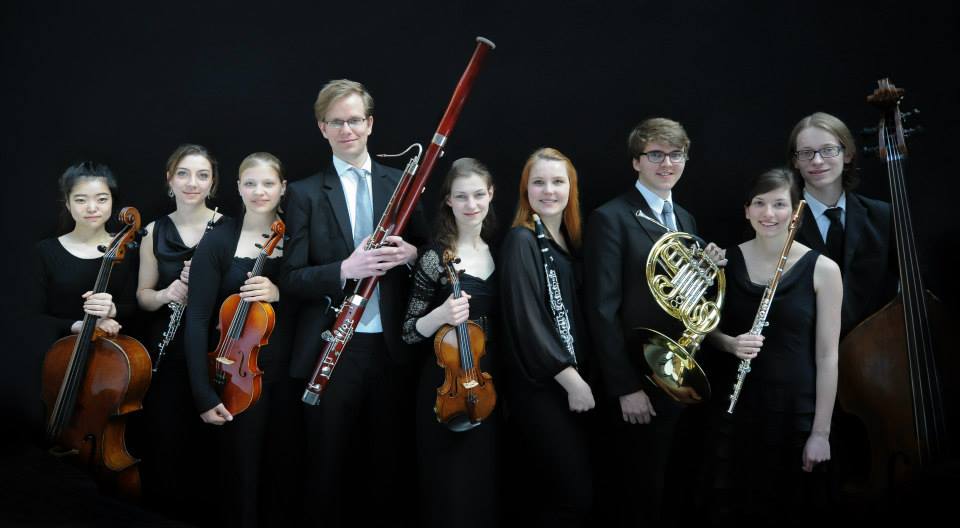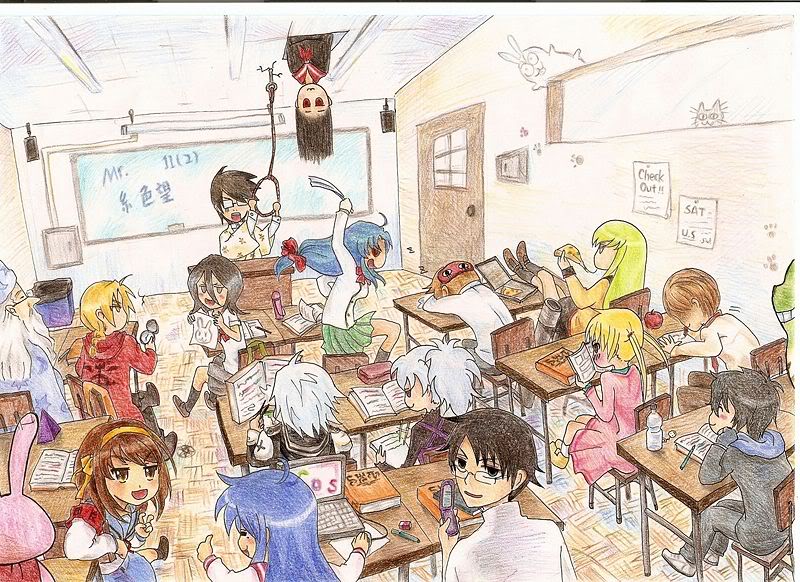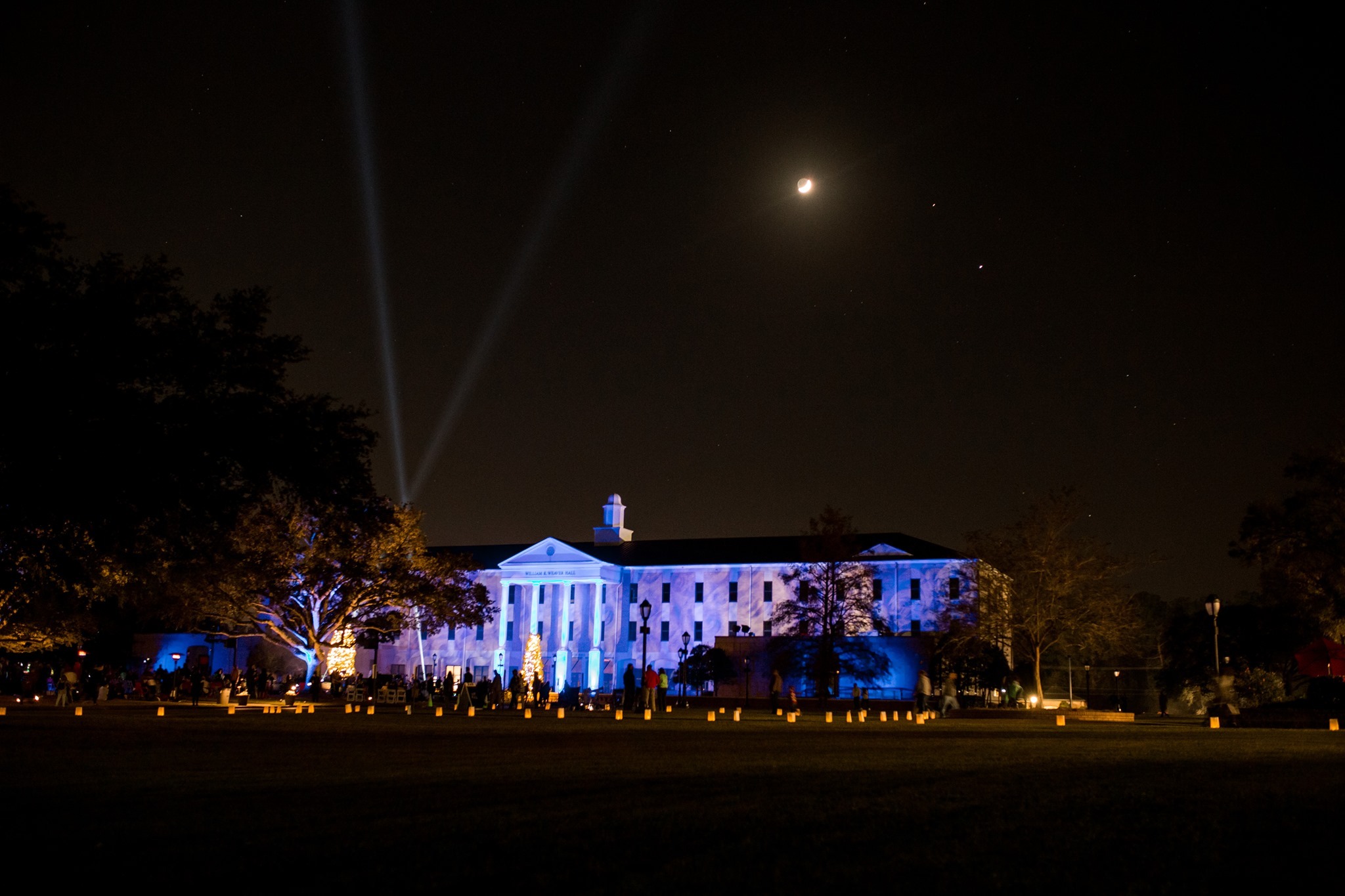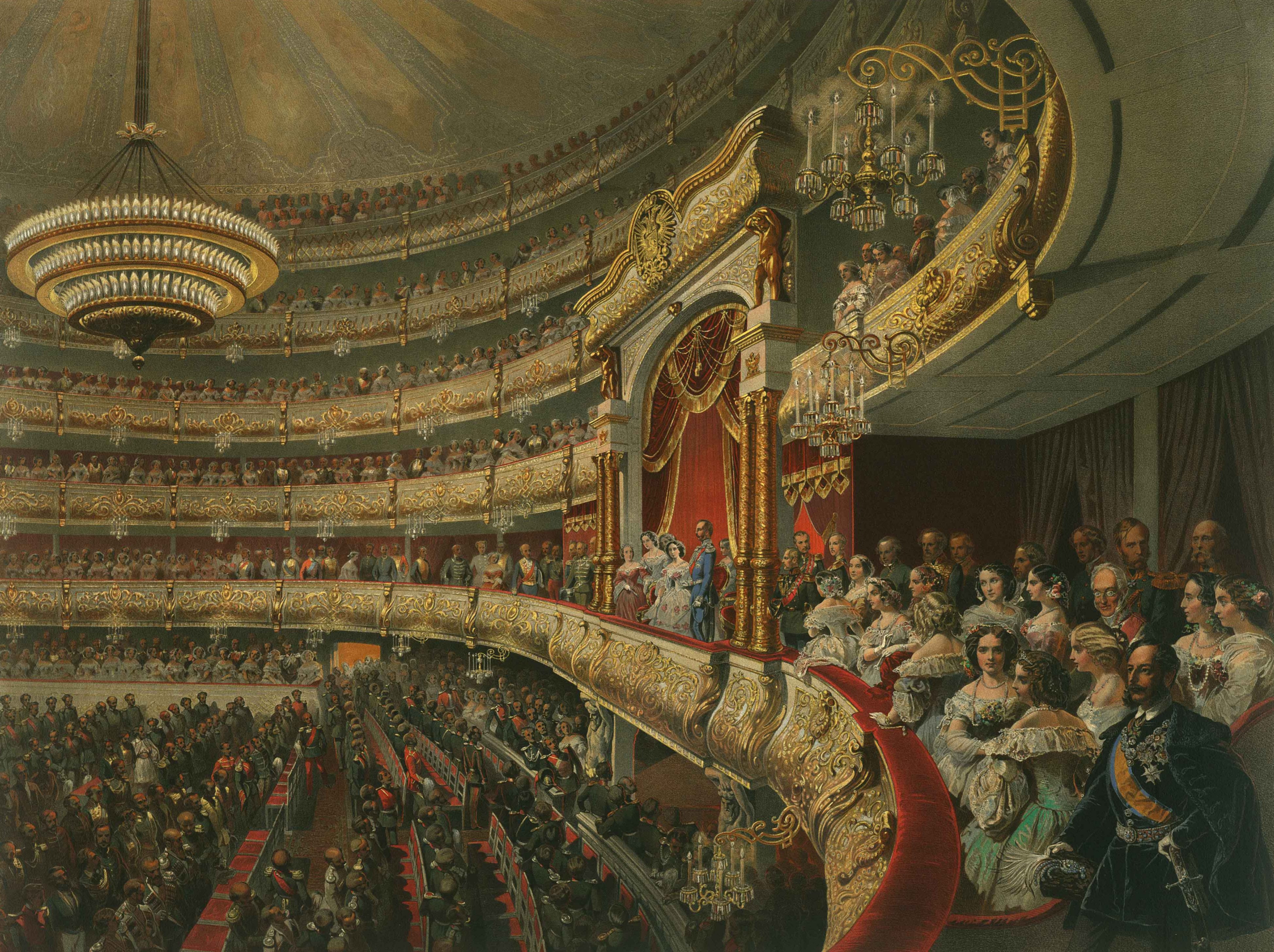
Performance in the Bolshoi Theatre Theateraufführung im Moskauer Bolschoi-Theater (Chromolithographie)
Even before the pandemic, massive open online curriculum, continued growth of consumer demand for “content” and the expansion of college and universities cultural and entertainment activity, drove our interest in the technologies that make it possible to produce and deliver “content” from facilities that are safe and sustainable.
As covered in our other Lively colloquia there are about 20 accredited standards developers that claim some part of this domain, or expanding their charter to meet the demand for best practice titles. To repeat: “Standards are the seed corn for compliance revenue. They fertilize the land for litigation.” These generally well-meaning organizations only invest in the administration of best practice discovery and promulgation if they see demand for conformance revenue in their future.
Education communities in every nation are also conformance organizations.
Cultural content discovery, creation and delivery depends heavily on electrotechnology.
The parent committee of the highest level of electrotechnology standardization in this domain world is International Electrotechnical Commission Technical Committee TC 108: Safety of electronic equipment within the field of audio/video, information technology and communication technology. Safety first. A committee with a similar sounding title, but a different scope is IEC TC 100 Audio, video and multimedia systems and equipment — the subject of a separate post*.
To paraphrase the IEC TC 108 Committee Scope Statement:
Horizontal safety function: Methods of measuring touch current and protective conductor current. This includes, for various types of equipment, methods of measurement of touch current with regard to physiological effects and of protective conductor current for installation purposes. The methods of measurement consider both normal conditions and certain fault conditions. Safety of equipment electrically connected to a telecommunication network
Group safety function:Audio, video and similar electronic apparatus – Safety requirements Audio/video, information and communication technology equipment and safety of remote power feeding.
According to its Strategic Business Plan, the need for standardization in this technology shows up in unexpected places such as 3-dimensional printing and wearable smart devices; both of which are of interest to faculty, students and the staff that supports the physical infrastructure.
The home page for the IEC public commenting facility is linked below:
We generally refer action in global electrotechnology standards to any one of several IEEE Societies and collaborate with the IEEE Education & Healthcare Facilities Committee (IEEE E&H). We also track and participate in the standards action of several trade associations that service some part of this space; all of whom are sensitive to the international electrotechnology standards action. Colleges and universities with federally funded facilities may need to be attentive to Trade Agreement Act matters when acquiring equipment of this nature.
As of this posting there are no Committee Draft Vote (CDV) documents released by TC 108 seeking public comment but we include it in our periodic scan of best practice literature. We generally refer to the tracking facility available with the IEEE E&H hosted on a University of Michigan server for educational purposes. IEEE E&H meets 4 times monthly European and American time zones.
We always encourage subject matter experts with front line experience planning, designing building, operating and maintaining these growing and complicated spaces. We recommend US-based experts contact Tony Zertuche, Director, International Policy and General Secretary, USNC/IEC (tzertuche@ansi.org).
United States National Committee of the International Electrotechnical Commission (USNC/IEC)
We renew our understanding of electrotechnology standards for Lively Arts at least once a month. See our CALENDAR. The IEEE Education & Healthcare Facilities Committee meets online every other Tuesday in both Central European time American time zones. Its meeting dates and login credentials are available on its home page.
Issue: [Various]
Category: Electrical, Infotech, Global, Lively Arts
Colleagues: Mike Anthony, Jim Harvey, Giuseppe Parise
* Related work runs through ISO Technical Committee 36 .




